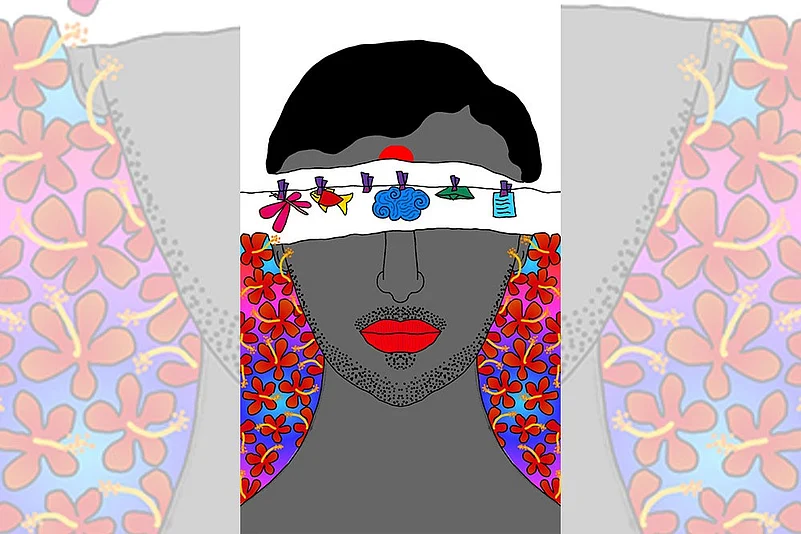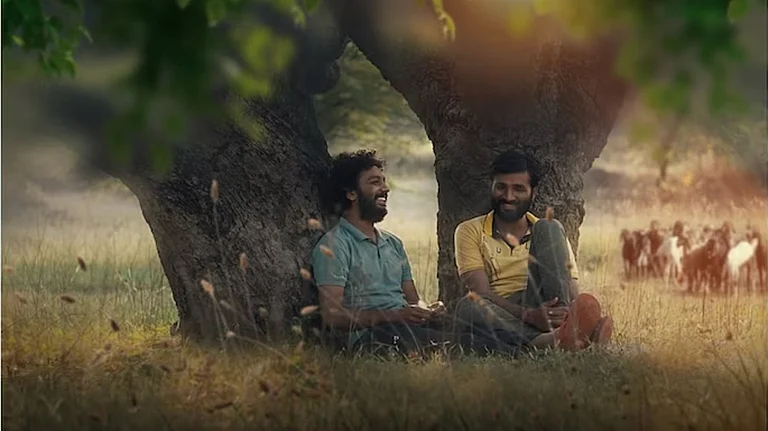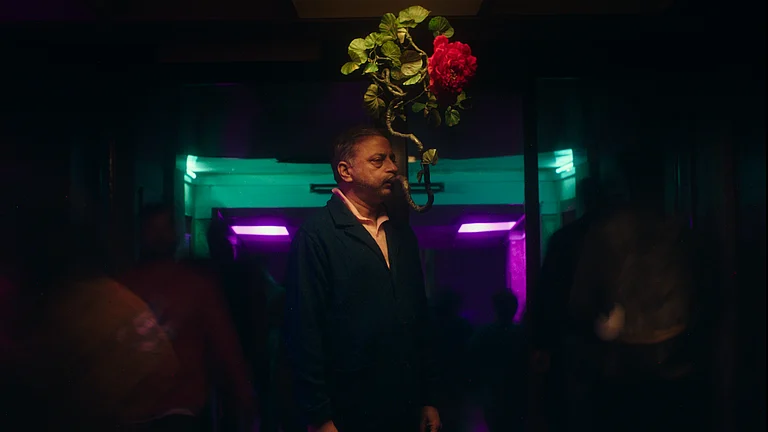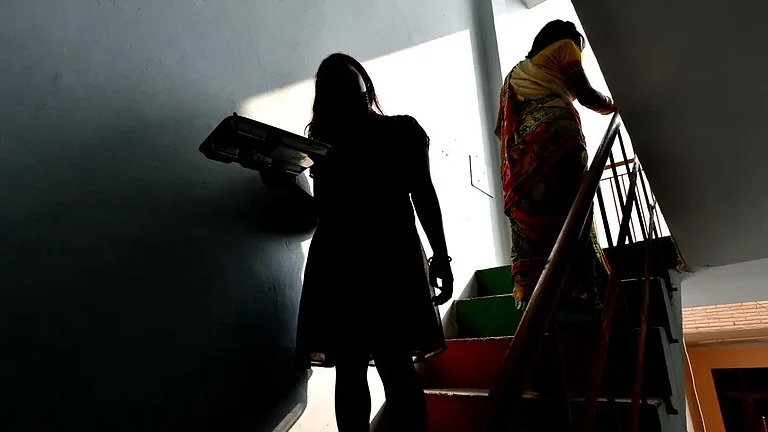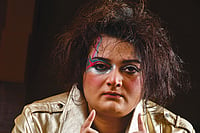Fighting Loneliness
“Ah, look at all the lonely people!
Eleanor Rigby picks up the rice in a church where a wedding has been…”
Eleanor Rigby is the main character of this Beatles song. She lives in a dream, she is lonely, and so she looks at all the lonely people at the wedding. So does my friend whose body is lying icy cold in a mortuary in Goa. His death has saddened me and left an unfillable void in me. He was lonely too. And gay. In pursuit of happiness, he left Delhi for good and shifted to Goa and never came back. Many people left cities during the apocalypse of Covid and moved to the mountains or the seashore to fight loneliness.
I decided to do so too, but it didn’t work. I know people who invested in huge properties to live there, but they came back to their cities after a while. So, we fight loneliness with loneliness to make it even and then we return to our own state, which is again loneliness. A recent study says gay people are 2 to 10 times more likely than straight people to take their own lives out of loneliness. We are three times as likely to have a major depressive episode.
The Struggle for Equality
There’s a noticeable difference between my straight and queer friends in their state of loneliness. Each of us has a different sense of loneliness, influenced by our own experiences and circumstances. To beat loneliness, one half of my friends’ circle got into relationships, got married, had kids and moved abroad or to the suburbs, while the other half is still fighting loneliness through endless partying, mindless travel and hooking up every now and then, or searching for a relationship forever. Loneliness has become more prevalent in society in recent years, especially from the time of Covid. It is associated more with gay people because we are rejected from society and often from our families. I met my friend Raja after many years. He was very pretty and feminine with a smile like Madhuri Dixit’s, so we used to call him Rani in school. He didn’t mind. He was very close to his parents. And now he is alone. Both his parents gave up on him after coming to know of his sexuality. He is very sad and lonely and cannot cope with life anymore. I gave him a huge hug and gave him my therapist’s number. Hope it helped...
Many gay and trans persons turn to alcohol and substance abuse to cope. I have been there and done that but that is just a temporary parachute.
Loneliness among LGBTQ+ people like us is a poignant reminder of the ongoing struggle for equality and acceptance. If you are gay or trans, please know that it’s okay to feel alone. It’s alright to cry. It’s totally fine to take a break from your life and ask for help.
There is Always a Solution
Some NGOs are offering free therapies. And some doctors are very helpful. Visiting them is a long process, but it works. Feelings of isolation can be treated. However, my loneliness comes back. I miss my Mom terribly. I am lucky to have parents who have gladly accepted me the way I have been.
Acceptance helps a lot to destress us. Not everyone has to fall in love with us. A little bit of acceptance and a smile can really change our lives and uplift our mood. Our society is changing but very slowly. And being in Western countries, which we refer to as “better countries”, doesn’t make much difference. In fact, I felt lonelier there as my next-door neighbour was almost 500 metres or more away.
Politicians are not interested in us. Theirs is a different ball game altogether. They love to dress up and play and tell lies. They have more issues than us, I think. Leave aside their empty promises. Hats off to the lawyers and LGBTQ+ supporting NGOs who are fighting to legalise gay marriage. Ultimately, addressing loneliness among the LGBTQ+ community requires a collective effort—from policymakers and activists to friends, families, and allies—to create environments where everyone feels valued and connected. We are heading there. And there is hope. “Hope of deliverance” as Paul McCartney sings about resilience and the power of the human spirit. It paints a picture of the darkness in which we live, but also of the hope that can be found in knowing that something better is always out there. There is a solution. Here, there and everywhere.
MORE FROM THIS ISSUE
This appeared in the print as 'Deliverance Diary'
Pupps Roy is an outlier who loves to love, often writes, and is sometimes a mess






